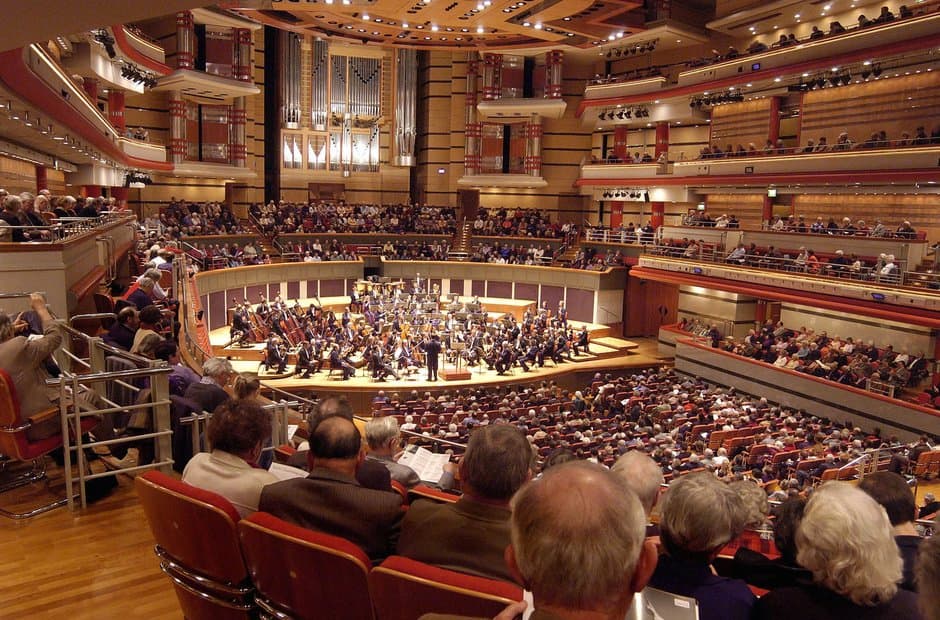
Credit: https://www.omegafi.com/
Musicians will be familiar with this image of an iceberg. The tip, the visible part, represents our public persona and the music we perform and share with others, while the much larger mass which is hidden below the surface of the water represents the many hours of practise, study and preparation which enable us to perform. Anyone who believes that music flows effortlessly from the musician’s body or who thinks it is “easy” should consider this illustration and its metaphor.
But what if we allowed others a glimpse into our practise rooms, to watch us practising, working, refining and finessing our music, to sit in on rehearsals with colleagues, and to observe the long and detailed process that goes into making a concert which may only last for 90 minutes?
In a college of art and design in the US, students are being encouraged to do just that – to offer up their work-in-progress, their rough drafts and preliminary designs, even their mistakes, for scrutiny by others in an exhibition called ‘Permission to Fail’. I often think that viewers and listeners are complacent, or even ignorant, about the long and involved creative processes which go into producing a work of art or preparing a piece of music for performance. It is all the working out, the sketching, redrawing, practising and pondering which enables us to unleash our creativity, and by learning from our mistakes and our “workings out”, we reach a finished product wrought from a special mixture of curiosity, exploration, trial and error, hard graft, and imagination.
Music practise is usually undertaken alone and in private, except when colleagues come together to rehearse ahead of a concert. Do we really want others to see us sweating over a knotty section, swearing at that passage which always trips us up, to hear 50 repetitions of the same section, practising to make the music permanent and perfect? There is however a great curiosity about how musicians, and other creative people work: I find this often manifests itself in (sometimes daft) questions about “finding the time” and much exclaiming about the amount of time one spends doing it. Then there is the ongoing “not a proper job” aspect of being a musician (or writer or artist) whereby because one loves what one is doing it can’t possibly be serious or commercial, and that practising, or drafting a synopsis or sketching out a painting, is somehow self-indulgent and without value. The pianist Valentina Lisitsa filmed her practise sessions and it was the huge popularity of these video clips that enabled her to relaunch her career. In a way, these films also proved that she was a fallible human being, and offered a glimpse into her world as a hardworking musician, which made it more comprehensible to those outside the profession.
Creativity is not just about the finished product: it is also about the journey to get there. I think it’s important that we as practitioners of a creative activity appreciate the joys and frustrations, the mistakes and the eureka moments which we must go through, and to regard all of these as important staging points on the journey. The “10,000 hours rule” has largely been debunked, with an emphasis now placed more firmly on quality rather than quantity of practise. That said, one does need to put in the hours and practising should be habitual, concentrated and thoughtful.
I’ve never regarded my practising as some mystic art, to be kept secret and hidden. I’d much rather people better understand the process involved in learning and finessing music instead of saying daft things to me like “it’s amazing how it just comes out of your fingers” and “How do you do it?”. This is why I share my practise habits with my students, so that they understand that while we might undertake the practising alone, we are in fact engaged in a shared activity – that of creating music.
Further reading:
How Creativity is Helped by Failure
Accountability in Practice – article by pianist and teacher Graham Fitch
Liszt Hungarian Rhapsody #12. Practice Run. Valentina Lisitsa




